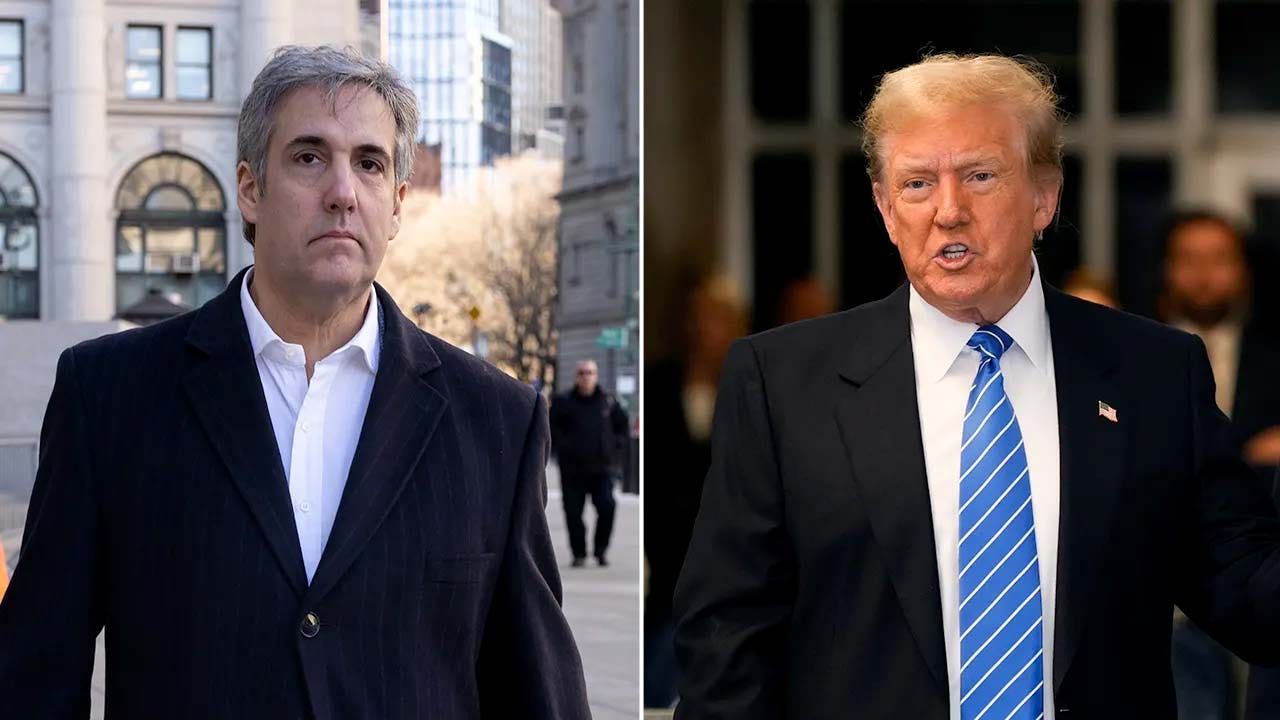The threat against U.S. elections by Russia and other foreign powers is far greater today than it was in 2020, the chairman of the Senate Intelligence Committee said on Tuesday.
Senator Mark Warner, the Virginia Democrat who leads the committee, said the danger had grown for multiple reasons: Adversarial countries have become more adept at spreading disinformation, Americans are more vulnerable to propaganda, communication between the government and social media companies has become more difficult and artificial intelligence is giving foreign powers new abilities.
The Intelligence Committee was set to hold a hearing on election threats on Wednesday, but it was postponed on Tuesday to allow the Senate to consider of the articles of impeachment against Alejandro N. Mayorkas, the homeland security secretary. Mr. Warner said he hoped to reschedule the hearing quickly.
A bipartisan report by the Senate Intelligence Committee, the final volume of which was released in 2020, chronicled extensive efforts by Russians to influence American politics in 2016. Since then, Russia has only honed its ability to shape debates in Europe and the United States, while people everywhere have become more vulnerable, Mr. Warner said.
For a time, Americans and Europeans were becoming more aware of disinformation or influence operations by Russia or other foreign powers. But today, conspiracy theories seem to be gaining more traction.
“With polarization in this country, and the lack of faith in institutions, people will believe anything or not believe things that come from what used to be viewed as trusted sources of information,” Mr. Warner said. “So there’s a much greater willingness to accept conspiracy theories.”
Vulnerability to influence operations, Mr. Warner said, is not confined to the United States. In Slovakia, for example, Russian information operations influenced views of Russia’s war in Ukraine.
“Slovakia was 80 percent pro-Ukraine,” he said. “Two years later, with massive amounts of Russian misinformation and disinformation, you have a pro-Russian government and 55 percent of Slovaks think America started the war in Ukraine.”
After 2016, American intelligence agencies intensified their efforts to go after foreign governments influencing the election. During the 2018 midterm elections, U.S. Cyber Command issued warnings to Russians conducting influence operations and shut down a troll farm trying to spread disinformation.
In 2020, senior intelligence officials repeatedly warned the public about Russian efforts to spread false stories about Joseph R. Biden Jr. as he campaigned against President Donald J. Trump.
But Mr. Warner said he believed some of the focus may have waned.
In 2018 and 2020, the National Security Agency, the F.B.I. and U.S. tech companies regularly shared information.
But court rulings in July and September put all coordination between the U.S. government and social media companies on hold for several months, blocking the sharing of threat information. Although the Supreme Court allowed the communications to resume in late October, the smooth information sharing that had taken place in previous elections was interrupted, Mr. Warner said.
Mr. Warner filed an amicus brief in the Supreme Court case arguing that voluntary information exchanges are necessary given the threat that malign foreign influence campaigns pose.
At the same time, artificial intelligence tools have revolutionized the kind of deceptive information that can be spread by foreign governments.
Deep fake videos remain, for now, imperfect. And such manipulated imagery is often detected quickly. Experts on artificial intelligence say, however, that faked voice recordings are a more effective vehicle for disinformation campaigns.
Mr. Warner said faked video could still influence the public, especially if an adversary mimicked a less-known local politician.
Artificial intelligence, he said, is advancing very quickly, and it would be foolish to discount any aspect of the threat against elections. “Even in the last six months, the quality of the video produced by A.I. has improved so much,” Mr. Warner said.
Russia remains the largest threat to elections this year, according to intelligence officials. Mr. Warner said that Moscow represented the varsity team of influence operations, but that it was wrong to disregard the capacity of China to conduct influence operations, even if it has not been as active as Russia.
“Our adversaries, China, Russia, Iran and other nation-states, know that disinformation works, and it’s remarkably cheap,” Mr. Warner said.
He said it was important that intelligence officials convey a renewed sense of urgency about the threat of foreign influence.
“I want the public to realize this problem has not gone away,” he said. “And if anything, it could be worse this year than four years ago.”






